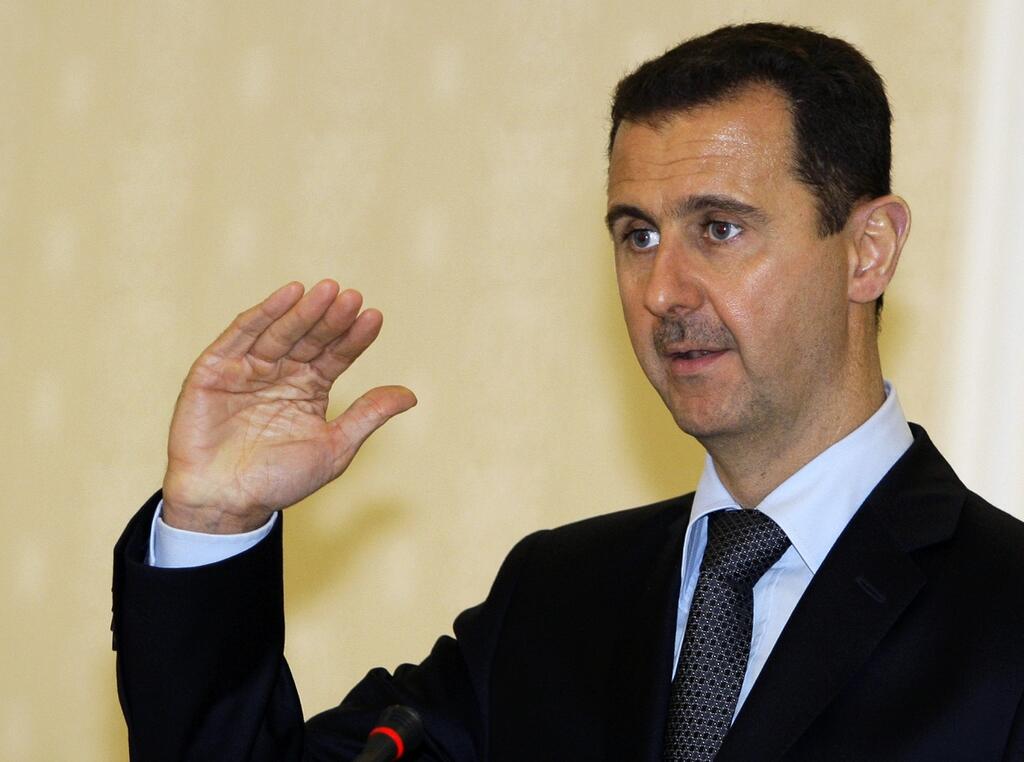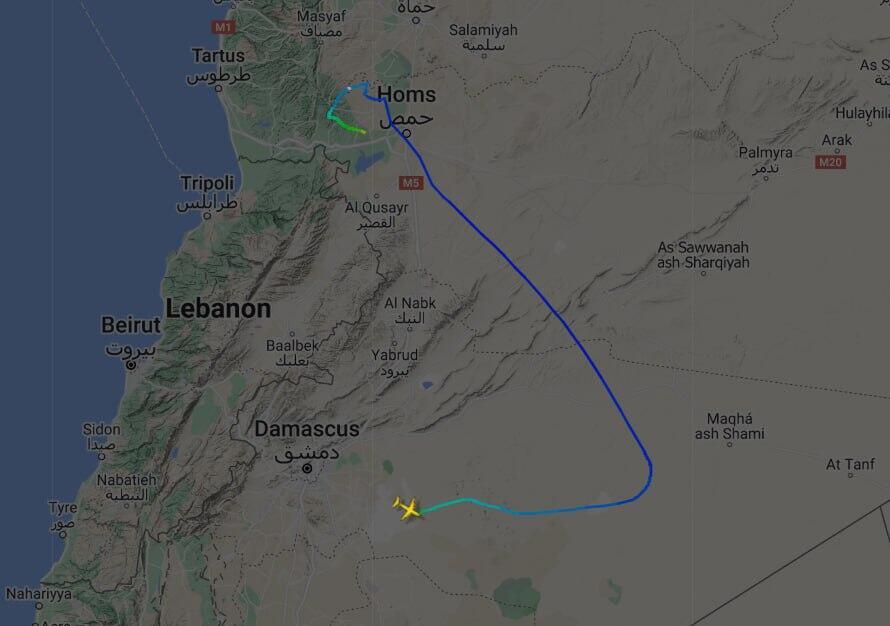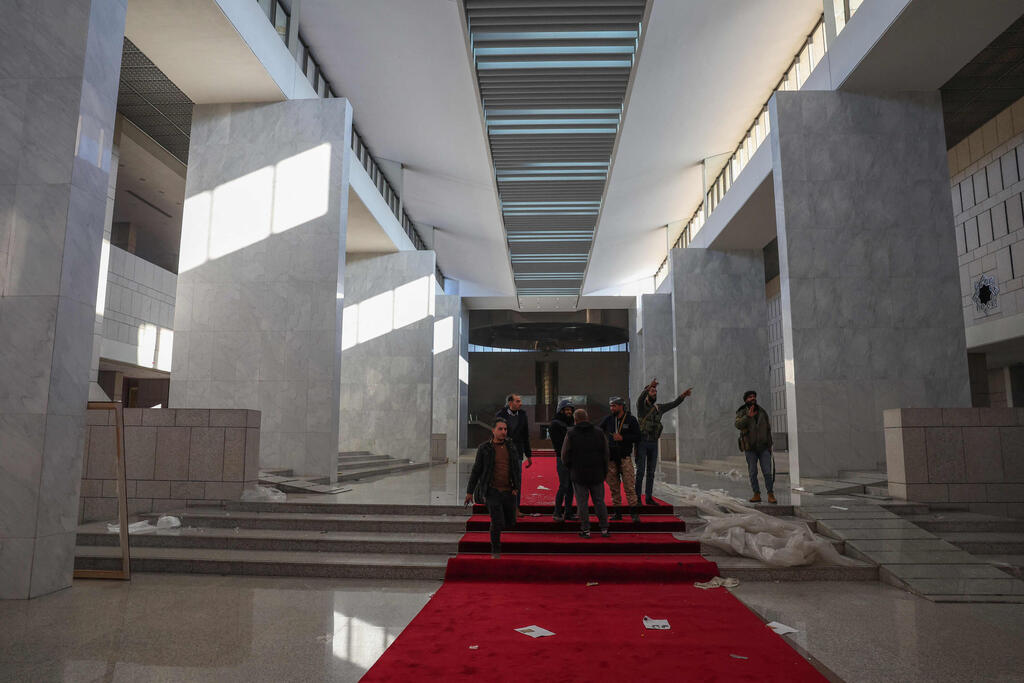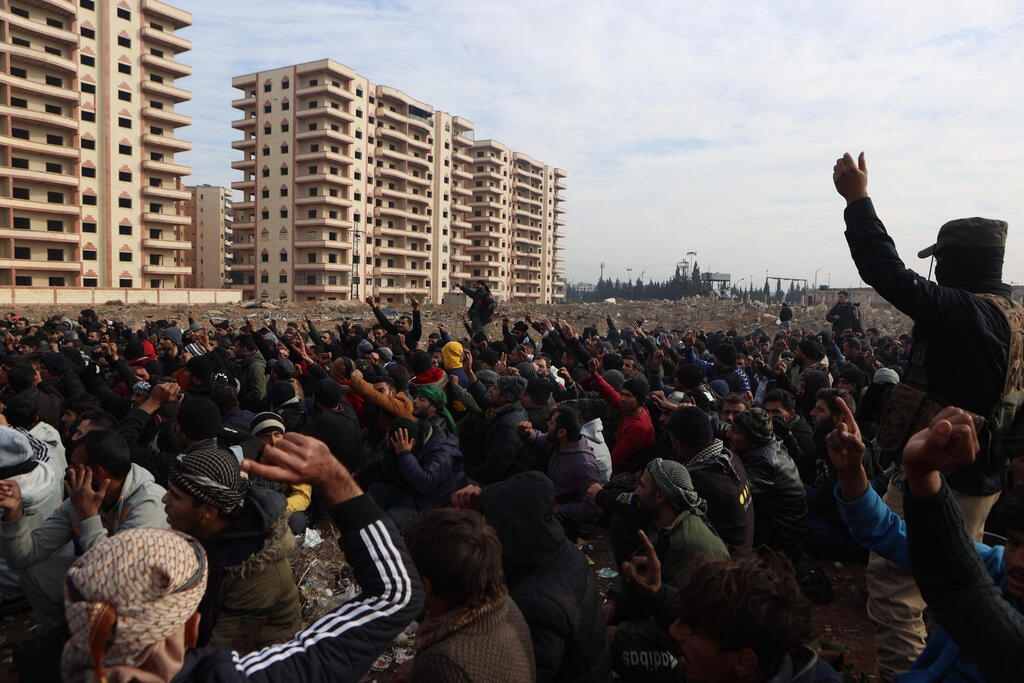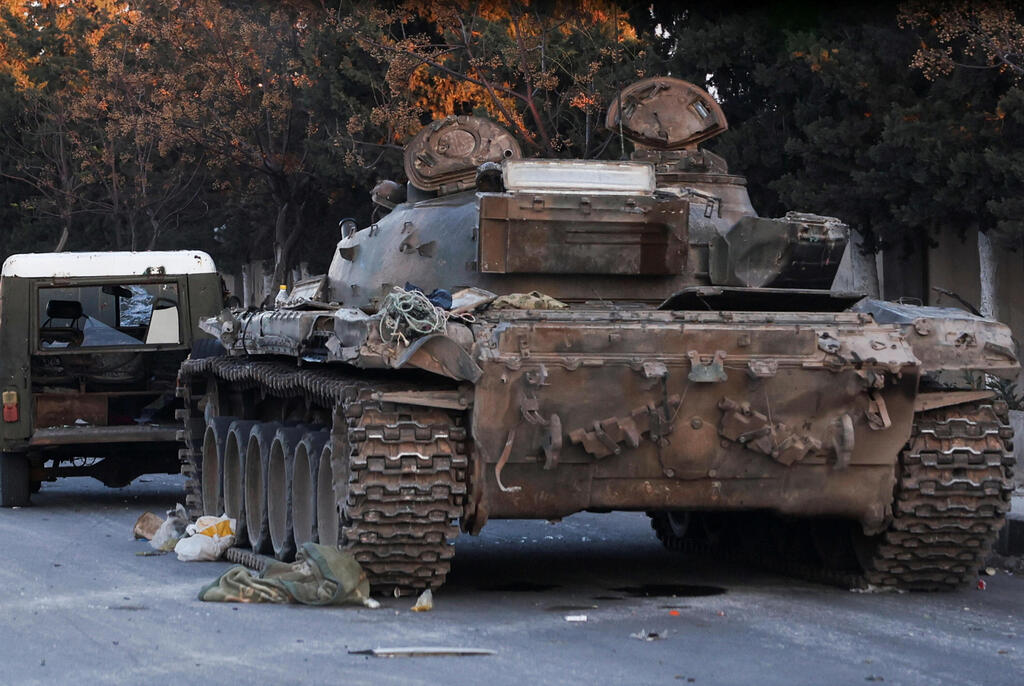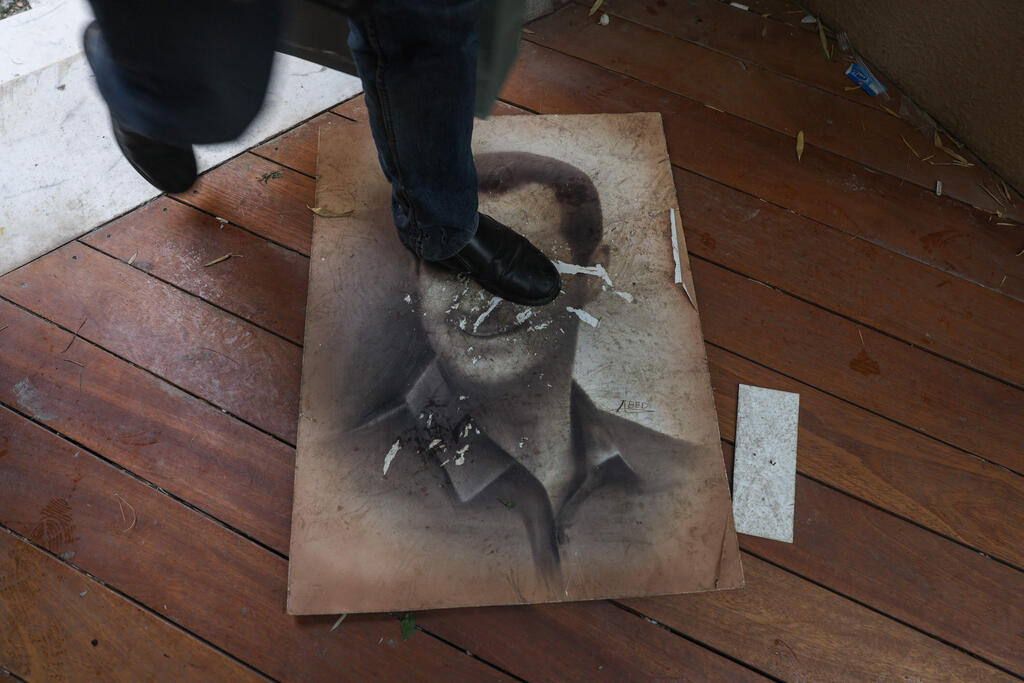Getting your Trinity Audio player ready...
Ousted Syrian President Bashar Assad has fled to Moscow, where he and his family have been granted humanitarian asylum, a Kremlin source told Russian media on Sunday.
Assad’s whereabouts were uncertain for hours following the collapse of his regime, amid conflicting reports, including speculation that his plane may have crashed near Homs.
Russia earlier announced that Assad had “left Syria” after deciding to step down from the presidency. The Russian Foreign Ministry portrayed Assad’s departure as voluntary and responsible, stating that “following negotiations with several parties to the Syrian conflict, Assad chose to resign, leave the country and provide instructions for a peaceful transfer of power.”
It remains unclear when Assad arrived in Moscow. Reports emerged Saturday night that his wife, Asma, and their children had left Damascus, with confirmation on Sunday that they had traveled to the Russian capital. The whereabouts of Assad’s brother, Maher Assad, commander of the Syrian Army’s 4th Division, are also unknown, though he reportedly fled to an undisclosed location.
Earlier Sunday, speculation intensified about whether Assad was still alive. Two Syrian sources told Reuters there is a “very high likelihood” that his plane crashed shortly after takeoff from Damascus. According to the sources, the aircraft initially headed toward Syria’s coast before abruptly reversing course. Minutes later, it disappeared from radar.
"It disappeared off the radar, possibly the transponder was switched off, but I believe the bigger probability is that the aircraft was taken down...," said one Syrian source without elaborating.
Get the Ynetnews app on your smartphone: Google Play: https://bit.ly/4eJ37pE | Apple App Store: https://bit.ly/3ZL7iNv
Hours later, Russia confirmed Assad had left Syria. In a carefully worded statement, the Russian Foreign Ministry emphasized it had not participated in the negotiations leading to his departure. Moscow expressed deep concern over events in Syria, placing its military bases there on high alert.
The ministry called for all parties to refrain from violence and resolve disputes peacefully, asserting that Russia remains in contact with Syrian opposition groups. According to a Kremlin official, opposition leaders have assured Moscow that Russian bases and diplomats in Syria are secure.
The Syrians will have to manage
Assad’s defeat is a blow to Russia, which has prided itself over the past decade on being a steadfast ally to its partners, in this case, the Syrian regime, and rescuing them when necessary.
In recent days, however, Moscow has shown little enthusiasm for aiding Assad’s regime in its fight for survival—perhaps because it recognizes its inability to do so, particularly as it remains embroiled in the war in Ukraine.
Konstantin Kosachev, deputy chairman of the upper house of Russia’s parliament, remarked this afternoon that Syrians will now have to face the prospect of a full-scale civil war on their own.
The Assad regime’s downfall was completed early Sunday as rebels, led by the jihadist group Hayat Tahrir al-Sham (HTS), seized full control of Homs, Syria’s third-largest city, before advancing to Damascus and capturing the capital.
Hours later, the rebels issued their first televised statement: “We have liberated Damascus, toppled the Assad regime and freed all those unjustly imprisoned.”
Rebels were filmed entering Assad’s palace in Damascus for the first time, removing portraits of Hezbollah’s slain leader Hassan Nasrallah and Quds Force commander Qasem Soleimani from the Iranian embassy, and later ransacking and vandalizing the building.
7 View gallery


The presidential palace's entrance lobby set alight by rebel forces
(Photo: OMAR HAJ KADOUR / AFP)
Civilians and rebels loot the presidential palace of ousted dictator Assad
In central Damascus, crowds tore down a statue of Hafez Assad, Bashar Assad’s father and former president. By midday, reports confirmed that the reception hall of the presidential palace had been set ablaze and destroyed.
Hours later, the rebels marked another historic milestone as HTS leader Abu Mohammed al-Golani arrived in Damascus and kissed the ground.
Shortly before his arrival, al-Golani delivered his first televised address on Syrian state TV, now controlled by the rebels. Once Assad’s propaganda machine, the channel broadcast al-Golani’s declaration: “There is no turning back—we are determined to continue the path we started in 2011. The future is ours.”
The fall of Assad marks a stunning conclusion to 13 years of civil war, which until recently seemed to have solidified his grip on power. The uprising against Assad began in March 2011 during the Arab Spring, but by 2015, he had lost control of most of Syria. With support from Russia, Iran and Hezbollah, Assad regained territory and confined the rebels to the Idlib province in northwest Syria.
More than 500,000 people were killed in the conflict, and millions of Syrians were displaced as refugees within Syria or abroad.
Since 2020, Syria’s battle lines had remained largely stagnant, and Assad had regained legitimacy among many Arab and Islamic countries that previously shunned him. His survival was seen as a remarkable comeback.
However, in a dramatic and unforeseen turn of events, Syrian rebels launched an offensive from Idlib into neighboring Aleppo province just 10 days ago, mere hours after a cease-fire between Israel and a weakened Hezbollah took effect.



